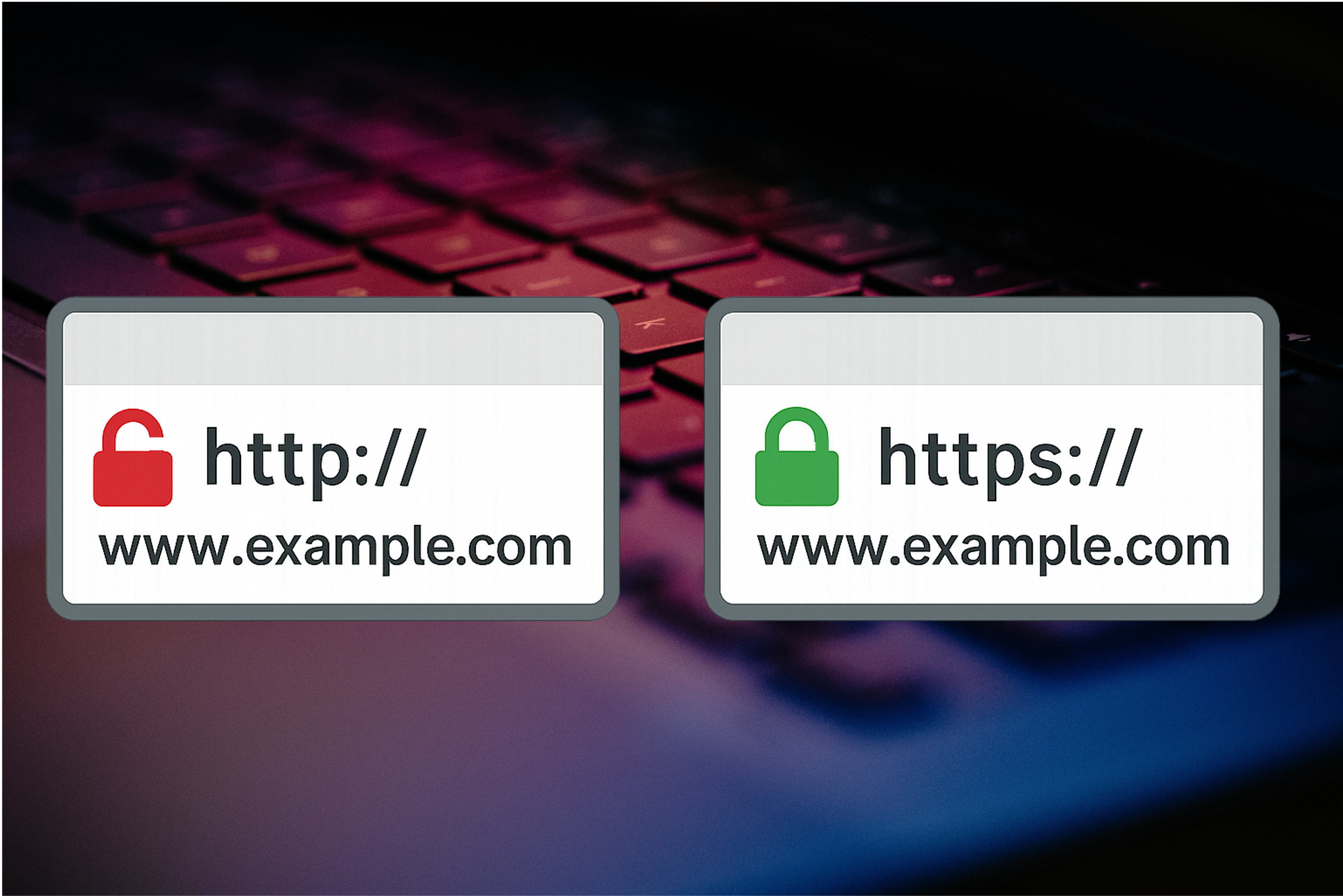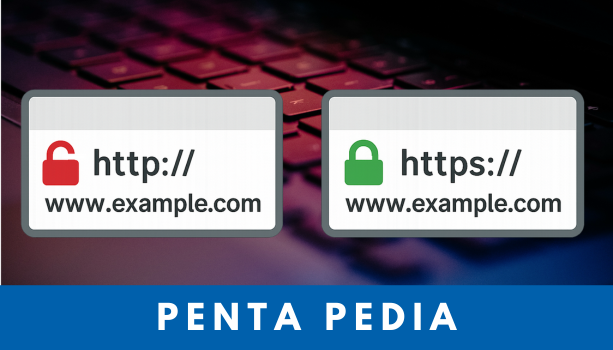[Penta Pedia] Why HTTPS Is Mandatory For Web Security
The HTTPS Era: Shifting Paradigms in Web Security
As the digital economy and online services become deeply embedded in daily life, users are increasingly engaging with web-based platforms across finance, healthcare, commerce, and more. The foundation of these interactions is HTTP (Hypertext Transfer Protocol). In the early 1990s, developer Tim Berners-Lee introduced HTTP, a communication standard, to facilitate data exchange between web browsers and servers. While HTTP has enabled the transfer of documents, images, videos, and other resources, it has a critical vulnerability. Specifically, HTTP lies in its plaintext transmission, making it highly susceptible to threats like data interception and tampering.

To address these limitations, HTTPS (HTTP Secure) emerged as an enhanced protocol. By integrating encryption and authentication into the traditional HTTP framework, HTTPS significantly strengthens the security of data in transit. As of 2025, HTTPS is the de facto standard, with most websites encrypting their traffic. Leading browsers now flag non-HTTPS sites as “Not Secure,” making HTTPS implementation a basic requirement for modern web services.
Why do you need to use HTTPS
You need to implement HTTPS because:
- It is safer.
- It meets the global standard.
- Better for your SEO.
- So why not use it?
By 2025, more than 87.6% of global websites have adopted HTTPS. Major tech companies like Google, Facebook, and Apple have fully transitioned to HTTPS, while in the United States, over 98% of websites are now encrypted with SSL/TLS. Adoption rates are also rising rapidly in Asia and South America.
HTTPS effectively counters man-in-the-middle (MITM) attacks by transmitting data through encryption protocols such as TLS (Transport Layer Security) or SSL (Secure Sockets Layer). With the introduction of TLS 1.3 and industry-standard practices like HSTS (HTTP Strict Transport Security) and automated certificate renewal, the integrity and reliability of encrypted communications continue to improve.
Regulatory and SEO Incentives
Global regulations like the EU’s GDPR and the US PCI DSS now require HTTPS as a legal minimum. Non-compliance can lead to fines, service disruptions, and reputational damage.
Search engines like Google prioritize HTTPS-enabled pages in their rankings, while non-secure pages are demoted and flagged with warnings. Browsers display alerts such as “This site is not secure” for HTTP-only sites. In result, it can significantly impact user trust and lead to higher bounce rates.
In response, organizations are adopting enterprise-wide HTTPS security strategies, including automated SSL certificate management, HSTS configuration, regular vulnerability scans, secure cloud integration, and API traffic governance.
What HTTPS Means for Web Application Firewalls (WAF)
Despite HTTPS being the standard for secure communication, it does not eliminate all risks. Threats like malware injection, SQL injection, and cross-site scripting (XSS) can still occur within encrypted traffic. This is where a Web Application Firewall (WAF) plays a vital role.
A WAF inspects and decrypts encrypted traffic, detecting and blocking malicious patterns and abnormal requests in real time. HTTPS traffic dominates in today’s envrionment. In result, WAF’s ability to efficiently handle large volumes of SSL/TLS connections becomes a key performance differentiator.
Web firewalls that cannot process encrypted traffic at scale face issues such as delayed analysis, reduced response speed, and failed threat detection. All of the issues can degrade service reliability and customer satisfaction. Therefore, businesses must deploy high-performance WAFs with proven capabilities, such as high CPS (connections per second) throughput and powerful decryption engines, backed by third-party certifications.
Such advanced WAF solutions ensure service availability, data security, and business continuity even under evolving regulatory landscapes and increasingly sophisticated cyber threats.
Introducing Penta Security’s WAPPLES
WAPPLES, the intelligent WAAP (Web Application and API Protection) solution from Penta Security, combines WAF technology with API security, malicious bot mitigation, and DoS protection. Moreover, it is recognized as the market leader in Korea for 17 consecutive years. WAPPLES secures over 700,000 businesses worldwide with its superior security, low false positive rate, and operational efficiency.
Secure your digital services with WAPPLES and embrace the future of global cybersecurity with confidence, powered by a top global cybersecurity company, Penta Security.
Click here to subscribe our Newsletter
Check out Penta Security’s product lines:
Web Application Firewall: WAPPLES
Database Encryption: D.AMO
Click here for inquiries regarding the partner system of Penta Security
Check out the product lines of Cloudbric by Penta Security:
Cloud-based Fully Managed WAAP: Cloudbric WAF+
Agent based Zero Trust Network Access Solution: Cloudbric PAS
Agentless Zero Trust Network Access Solution: Cloudbric RAS
Click here for inquiries regarding the partner system of Cloudbric

